March 05th 2024
19 April 2024 - Future of Paediatric Health Research Spotlight Day
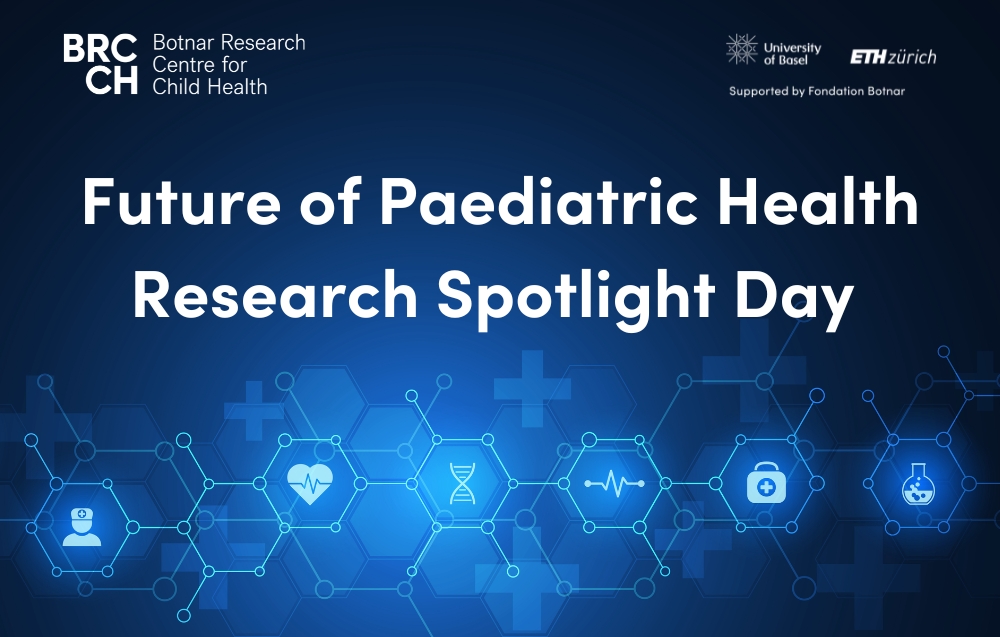
The BRCCH cordially invites you to our Future of Paediatric Health Research Spotlight Day on 19 April 2024 in Basel, Switzerland. This one-day seminar and networking event will bring together researchers across disciplines with a common focus on improving child and adolescent health.
This event will include talks from BRCCH Postdoctoral Excellence Programme researchers about their paediatric health research progress over the last two years. Each of these fellows has also invited an established researcher from their field to deliver a keynote address. During the lunch break, attendees will have the opportunity to attend a workshop about nurturing research teams.
When: Friday, 19 April 2024, 9:00 - 17:30 CET, to be followed by an apéro
Where: Hotel ODELYA, Missionstrasse 21a, 4055 Basel
Please Note: This event is taking place in person in Basel, Switzerland only and will not be accessible online.
In Person Registration: HERE
Schedule:
-
- 9.00-9.30 – Arrival and coffee
- 9.30-9.40 – Welcome by Daniel Müller, Co-Director, BRCCH
- 9.40-12.15 – Talks by BRCCH Postdoctoral Excellence Programme researchers and their invited speakers on paediatric health
- 12.15-12.45 – Lunch (Break until 14.00 if not attending the workshop)
- 12.45-13.45 – Workshop: Nurturing Research Teams
- 14.00-17.30 – Talks by BRCCH Postdoctoral Excellence Programme researchers and their invited speakers on paediatric health
- 17:30-17:35 – Closing Remarks by Georg Holländer, Director, BRCCH
- 17.35-18.00 – Networking & Apéro
Speakers:

Dr Sarah Brüningk
BRCCH Postdoctoral Excellence Programme Researcher
ETH Zurich, Switzerland
Talk: "Harnessing Machine Learning and Mechanistic Modelling for Personalised Predictions for Paediatric Brain Tumour Patients"
Dr Sarah Brüningk is a group leader for paediatric oncology applications within the Biomedical Data Science lab of Prof Catherine Jutzeler at ETH Zurich. Her expertise in both practical biological lab work and computational implementations enables her to pursue challenging multidisciplinary projects at the interface of computational biology, machine learning and oncology. Her research interests lie in combining machine learning and mechanistic modelling for healthcare applications embracing the clinical hallmarks of a disease in order to provide interpretable and deployable healthcare solutions. Before joining ETH Zurich, Dr Brüningk completed her PhD at the Institute of Cancer Research in London, UK, on the analysis and simulation of combination treatments of radiation and focused ultrasound-mediated heating. Her work has previously been recognized by several travel, poster and presentation awards, as well as the Nadine Barrie Smith Student Award and the Sensius Young Investigator Award.
Dr Brüningk leads the BRCCH project: Harnessing Machine Learning and Mechanistic Modelling for Personalised Radiotherapy of Paediatric Diffuse Midline Glioma. Read more here.
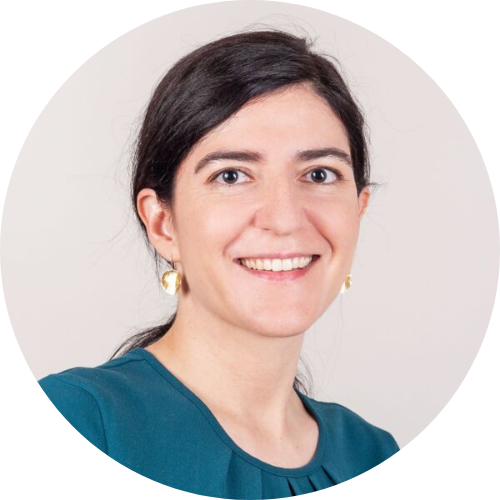
Prof Dr Ana Guerreiro Stücklin
SNF Eccellenza Professor for Pediatric Neurooncology
Kinderspital Zurich, Switzerland
Talk: "Dissecting the Role of Oncofusions in Brain Tumours in Infants"
Prof Ana Guerreiro Stücklin is the Head of the Paediatric Neurooncology Programme at the University Children’s Hospital Zurich and SNSF Eccellenza assistant professor at the Faculty of Medicine, University of Zurich. After her medical studies at the University of Porto, Portugal, she graduated from the MD-PhD Program at the University of Zurich and completed her paediatric residency at the University Children’s Hospital in Zurich. She did her paediatric hematology-oncology training at the Hospital for Sick Children in Toronto, Canada, where she remained as a neuro-oncology fellow and postdoctoral researcher at the Labatt Brain Tumour Research Centre until 2018. Her Translational Brain Tumor Research group at the University Children’s Hospital is dedicated to bridging the gap between patient care and basic research, to improve the outcomes of children and adolescents with brain tumors.
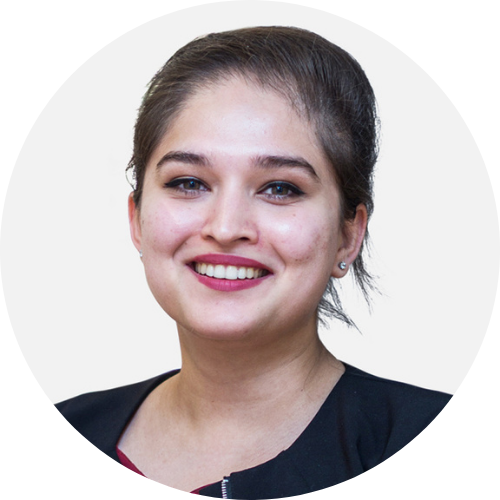
Dr Kanika Dheman
BRCCH Postdoctoral Excellence Programme Researcher
ETH Zurich, Switzerland
Talk: "Patch-IT: Multi-Sensor Sensor Nodes for Continuous Vital Sign Monitoring to Identify Novel Digital Biomarkers for Sepsis Detection in Neonatal Intensive Care"
Dr Dheman leads the BRCCH project: Patch-IT: Multi-Sensor Sensor Nodes for Continuous Vital Sign Monitoring to Identify Novel Digital Biomarkers for Sepsis Detection in Neonatal Intensive Care. Read more here.
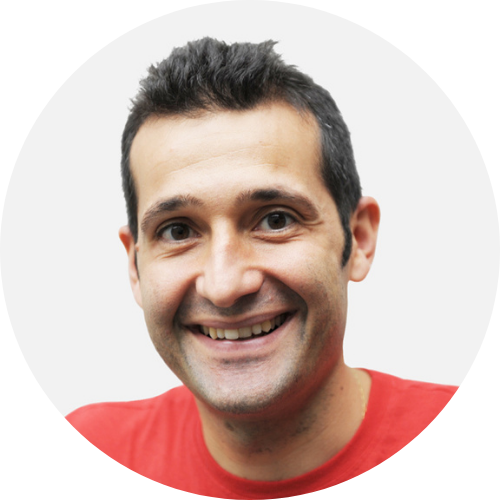
Dr Michele Magno
Head, Center for Project-Based Learning at the Department of Information Technology and Electrical Engineering
ETH Zurich, Switzerland
Talk: "AI-based Wearables and Noncontact Radars: Revolutionizing Neonatal and Infant Monitoring"
Dr Michele Magno currently leads the Center for Project-Based Learning at the Department of Information Technology and Electrical Engineering (D-ITET) at ETH Zurich. He received his master’s and PhD degrees in electronic engineering from the University of Bologna, Italy, in 2004 and 2010 respectively. He has been working at ETH Zurich since 2013 and is also a visiting full professor at Mid Sweden University.
Dr Magno’s current research interests include smart sensing, low-power machine learning, wireless sensor networks, wearable devices, energy harvesting, low-power management techniques and extending the lifetime of battery-operated devices. He has produced more than 170 conference presentations and papers published in international journals. Some of his publications have received the Best Paper Award at IEEE conferences, such as the 2018 IEEE International Conference on E-Health Networking, Application and Services, the 2018 IEEE Sensors Applications Symposium and the 2017 IEEE International Workshop on Advances in Sensors and Interfaces, among others. He is a Senior IEEE Member and a member of the ACM. He has also received awards for industrial projects or patents, such as the 2021 Top 20 Spark Award, the 2018 Top 5 Spark Award and many IEEE paper (2021 IEEE WiMob), poster or demo awards.

Dr Gillian Levine
BRCCH Postdoctoral Excellence Programme Researcher
Swiss Tropical and Public Health Institute, Switzerland
Talk: "E-Helping Hands: Digital Clinical Decision Support Tools to Improve Care of Sick Young Infants"
Dr Gillian Levine is an epidemiologist and a Basel Research Centre for Child Health Postdoctoral Excellence Programme Fellow at the Swiss Tropical and Public Health Institute (Swiss TPH). Her research focuses on clinical epidemiology and newborn and young child health and survival in low-resource settings and also on the development and testing of interventions to improve healthcare quality and appropriate antibiotic use for infants and young children. She is currently working on projects to develop and test novel electronic clinical decision support tools to improve the implementation of evidence-based medical care for young infants. Dr Levine has a master’s in public health from the Mailman School of Public Health at Columbia University and a PhD in epidemiology from the University of Washington, USA.
Dr Levine leads the BRCCH project: Electronic Clinical Decision Algorithms and Machine Learning to Improve Quality of Care and Clinical Outcomes for Sick Young Infants in Resource-Limited Countries. Read more here.
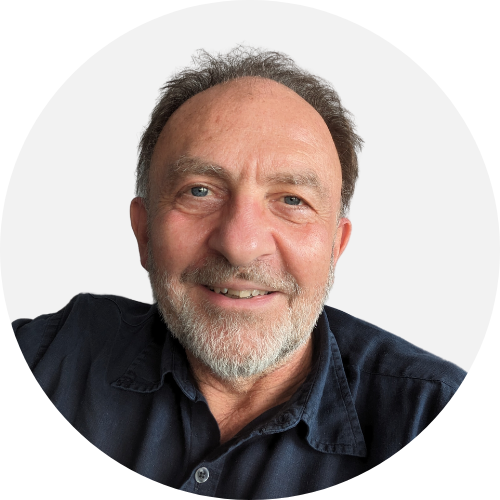
Dr Nigel Rollins
Medical Officer, Department of Maternal, Newborn, Child and Adolescent Health and Ageing
World Health Organization, Switzerland
Talk: "Translating the WHO Integrated Management of Childhood Illness into a Digital Tool for Use by Frontline Health Workers in Humanitarian Settings"
Dr Nigel Rollins joined the World Health Organization (WHO) Department of Maternal, Newborn, Child and Adolescent Health and Ageing in 2008 as a scientist and is currently the Acting Head of Research for the Department. His work focuses on research to improve child survival, growth and development. This includes implementation research related to infant feeding, prevention and management of growth faltering and wasting in children and the prevention of mother-to-child transmission of HIV. Prior to joining WHO, Dr Rollins was Professor in Maternal and Child Health at the University of KwaZulu-Natal (UKZN), Durban, South Africa, where he lived and worked for 14 years.

Dr Nicole Zoratto
BRCCH Postdoctoral Excellence Programme Researcher
ETH Zurich, Switzerland
Talk: "Bioinspired, Low-Cost Device for Minimally Invasive Blood Sampling"
Dr Nicole Zoratto obtained her master’s degree in pharmaceutical chemistry and technologies at the Sapienza University of Rome, Italy, in 2016. Before graduating, she undertook her eight-month master’s research project at the Institute of Pharmaceutical Science at King’s College London, UK, under the supervision of Prof Cécile Dreiss. In the same year, she started her PhD in pharmaceutical science at the Sapienza University of Rome. Her research project focused on the development of innovative polysaccharide-based scaffolds for drug delivery applications. From November 2018 to August 2019, she was a visiting graduate researcher at the Khademhosseini laboratory at the California NanoSystems Institute at UCLA, USA, where her research project mainly focused on microfluidic-assisted particle formations, followed by particle annealing to develop soft and beaded-based scaffolds for tissue engineering applications. She earned her PhD in pharmaceutical sciences in December 2019 and then completed a year of postdoctoral research on polysaccharide-based hydrogels and nanogels in the Department of Chemistry and Technology of Drugs at the Sapienza University of Rome.
Dr Zoratto leads the BRCCH project: Bioinspired, Low-Cost Device for Minimally Invasive Blood Sampling. Read more here.

Dr Nicole Stoffel
Lecturer, Department of Health Sciences and Technology
ETH Zurich, Switzerland
Talk: "The Effects of Iron Deficiency on Paediatric Vaccine Response"
Dr. Nicole Stoffel received her BSc and MSc degrees in Pharmaceutical Sciences from ETH Zurich, Switzerland and completed her PhD in the Laboratory of Human Nutrition at ETH Zurich. She is currently a Group Leader in Nutritional Physiology and Therapeutics at the Botnar Research Centre at the University of Oxford and a Senior Scientist at the Laboratory of Nutrition and Metabolic Epigenetics at ETH Zurich. Dr. Stoffel was awarded the Swiss Foundation for Nutrition Research Award 2020 for her publications on oral iron supplementation in Lancet Hematology 2017 and in Haematologica 2019. She received the ETH Medal for her outstanding Doctoral thesis in 2018 and the James Mitchell Award for Excellence in Collaborative Science in 2023. In 2021 she was awarded the prestigious Lopez-Loreta Prize pour l’Exellence Académique for her research in the field of iron and adaptive immunity/vaccine response. Her current research interests are optimizing oral iron supplementation regimens in pregnant women, children and young infants and thereby also improving vaccine efficacy.
Dr Keith Gunapala
BRCCH Postdoctoral Excellence Programme Researcher
University of Basel, Switzerland
Talk: "Novel Approaches to Treating Fragile X Syndrome"
Dr Keith Gunapala is a postdoctoral fellow in Prof Verdon Taylor’s lab in the Department of Biomedicine at the University of Basel. His research interests lie in understanding human brain development using organotypic culturing and cerebral organoids. He aims to use these platforms to better understand normal human brain development and neurodevelopmental disorders and to find novel therapeutic strategies. He holds a PhD in neurobiology from the University of Basel.
Dr Gunapala leads the BRCCH project: Developing Novel Drug Strategies for the Treatment of Fragile X Syndrome by Functional Screening of Human Pluripotent Stem Cell Models. Learn more here.
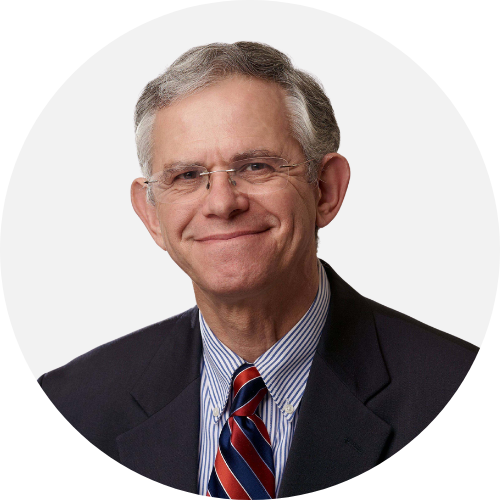
Prof Nissim Benvenisty
Herbert Cohn Chair in Cancer Research
Hebrew University, Israel
Talk: "The Essentialome of Human Development and Disease"
Prof Nissim Benvenisty is the Herbert Cohn Chair in Cancer Research and the Director of The Azrieli Center for Stem Cells and Genetic Research at the Hebrew University. He earned his M.D. and Ph.D. degrees from the Hebrew University, and conducted postdoctoral studies at Harvard University. Prof. Benvenisty’s research projects focus on stem cell biology, hereditary disorders, human genetics, and cancer research. He published numerous original and review papers on human pluripotent stem cells, and serves on the editorial board of various stem cell related journals. He is a member of the steering committee of the International Stem Cell Initiative (ISCI), the Programme Board of the UK–Regenerative Medical Platform (MRC), and serves as the academic advisor for the International Symposia of the International Society for Stem Cell Research (ISSCR). Prof. Benvenisty presents the issue of human embryonic stem cells in many international conferences, and gave testimonies before the US Senate and the European Union. He was awarded several prizes among them the Foulkes Prize (London), the Hestrin Prize, the Teva Prize, the Kaye Prize, the Milken Prize, the ACTO Award (Japan), The Azrieli Center Award (Canada) the Katzir Prize and the Rappaport Prize.
Workshop: Nurturing Research Teams
Creativity, innovation and collaboration within research teams are prerequisites for knowledge creation and transfer, and for individual and team performance. Positive research leadership that encourages team productivity, motivation and development is crucial in fostering such conditions. But what does leadership mean and entail exactly? What makes a good leader? What leadership styles are there, and what type of leader are you?
This session offers an opportunity to learn, reflect and exchange perspectives on the skill- and mindset required to optimise dynamics and workflows within research teams, and to enable oneself and colleagues to fully develop and express their individual and collective potential.

Dr Maddalena Fumagalli
For over 15 years, Dr Maddalena Fumagalli engaged in interdisciplinary research, education, advocacy and policy on marine conservation in Europe, North Africa and New Zealand. With strong competencies in personal development coaching and mental health first aid, she provides researchers and scientists with individual and collective spaces for self-reflective and action-oriented coaching and training on performance, stress management and wellbeing, especially in the context of academic workplace culture and non-linear career paths.